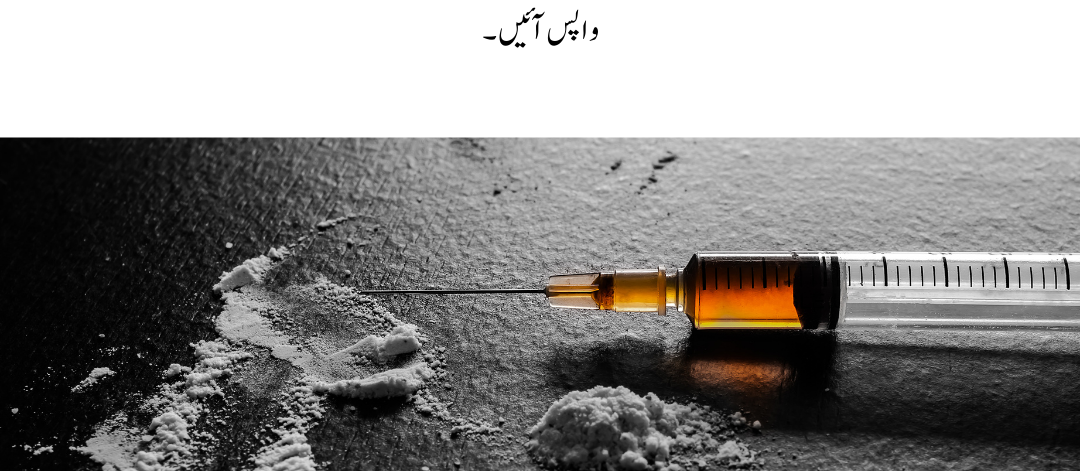Drug addiction, or substance use disorder (SUD), is a complex and chronic disease that affects millions of people worldwide. It not only harms the individual but also their family, friends, and the wider community. Recognizing the need for treatment and seeking help from a specialized facility, like an addiction recovery center, is a crucial step toward recovery. In this blog, we will explore the different aspects of drug addiction treatment, how to find the right help, and what to expect during recovery.
Understanding Drug Addiction Treatment.
Drug addiction is characterized by compulsive drug-seeking behavior and use, despite harmful consequences. Over time, the brain becomes dependent on the drug, and quitting becomes difficult without professional intervention. Common substances that lead to addiction include alcohol, opioids, prescription drugs, stimulants, and illicit drugs such as heroin or cocaine.
The factors leading to drug addiction are varied and can include genetic predisposition, environmental influences, mental health conditions, and even trauma. For many people, addiction develops as a way to cope with stress, anxiety, or depression, further complicating the treatment process.
Understanding addiction as a disease, rather than a moral failing, is crucial in combating the stigma surrounding it and encouraging those struggling to seek help.
Why Is Drug Addiction Treatment Necessary?
Drug addiction doesn’t only impact physical health. It takes a toll on mental well-being, personal relationships, employment, and financial stability. Left untreated, addiction can lead to severe consequences such as:
- Physical health complications (e.g., liver damage, heart disease, respiratory problems)
- Mental health disorders (e.g., depression, anxiety, paranoia)
- Legal issues (e.g., arrests, imprisonment)
- Relationship breakdowns and social isolation
- Overdose and death
Due to these potential risks, treatment becomes essential for both short-term recovery and long-term sobriety.
Stages of Drug Addiction Treatment
Drug addiction treatment typically follows a structured and individualized approach, beginning with assessment and progressing through detoxification, rehabilitation, and aftercare. Let’s explore these stages in detail:
1. Assessment and Evaluation During Drug Addiction Treatment.
Before treatment begins, an initial assessment is conducted to understand the individual’s specific needs. Healthcare professionals assess the severity of the addiction, the types of drugs used, and any co-occurring mental health conditions. A personalized treatment plan is then created, considering factors such as the patient’s medical history, lifestyle, and preferences.
2. Detoxification (Detox) During Drug Addiction Treatment.
The detoxification stage is the first step toward recovery and involves the process of safely removing the drug from the body. Detox can be physically and emotionally challenging, as withdrawal symptoms often emerge during this time. These symptoms may include nausea, anxiety, insomnia, tremors, and even seizures.
At an addiction recovery center, detox is usually managed with medical supervision to minimize discomfort and ensure the patient’s safety. Medication may be provided to ease withdrawal symptoms and reduce cravings.
3. Inpatient vs. Outpatient Treatment Programs
After detox, patients can choose between two types of treatment programs: inpatient (residential) or outpatient care.
- Inpatient treatment involves living at the recovery center full-time, receiving 24-hour care and support. This option is recommended for people with severe addictions or those who require a structured environment free from external triggers.
- Outpatient treatment allows patients to live at home while attending regular therapy sessions and medical check-ups. This option works well for individuals with mild to moderate addiction who have strong support systems at home.
Both options have their benefits, and the choice depends on the individual’s unique situation.
4. Therapy and Counseling During Drug Addiction Treatment.
Therapy is the backbone of drug addiction treatment and helps address the psychological aspects of addiction. Various therapeutic approaches are used to guide individuals toward recovery:
- Cognitive Behavioral Therapy (CBT): This type of therapy helps individuals recognize negative thought patterns and behaviors, replacing them with healthier coping mechanisms.
- Motivational Interviewing (MI): MI helps boost motivation by resolving ambivalence toward quitting drugs. It encourages self-reflection and builds the patient’s confidence in their ability to overcome addiction.
- Family Therapy: Family involvement can be crucial in recovery. Family therapy addresses strained relationships, improves communication, and helps build a supportive environment for the patient.
Group therapy sessions also offer the opportunity to connect with others who are going through similar struggles, providing valuable peer support and shared experiences.
5. Medication-Assisted Treatment (MAT)
In some cases, medication is used in combination with therapy to support recovery. Medications like methadone, buprenorphine, and naltrexone are commonly prescribed to help individuals overcome opioid addiction. These medications reduce cravings, minimize withdrawal symptoms, and help prevent relapse.
MAT is a well-established and evidence-based approach for individuals struggling with addiction to opioids and other substances. However, it is used in conjunction with counseling and behavioral therapies, as medication alone is not sufficient for recovery.
6. Aftercare and Long-Term Recovery From Drug Addiction Treatment.
Recovery doesn’t end once formal treatment is completed. Maintaining sobriety requires ongoing support, especially during the early stages of recovery when relapse is more likely. Aftercare programs are designed to provide continued guidance, accountability, and relapse prevention strategies.
Some common aftercare components include:
- Support groups like Narcotics Anonymous (NA) or SMART Recovery provide peer support and help individuals stay connected with others who understand the challenges of addiction.
- Sober living environments offer a drug-free place to live while transitioning from treatment to independent living.
- Ongoing counseling helps individuals work through any lingering emotional or mental health challenges that could jeopardize their recovery.
Finding the Right Addiction Recovery Center
Choosing the right addiction recovery center is essential for successful treatment. Look for a center that offers personalized care, a variety of therapy options, and experienced medical professionals. It’s also important to find a center that treats the whole person, addressing both the physical and psychological aspects of addiction.
Some factors to consider when selecting a treatment facility include:
- Accreditation and licensing of the center
- The experience and qualifications of the staff
- Availability of different treatment options (inpatient, outpatient, detox, etc.)
- Success rates and reviews from previous patients
- Aftercare support and relapse prevention programs
Conclusion
Drug addiction treatment is a multifaceted process that requires commitment, professional support, and ongoing care. By seeking help at a reputable addiction recovery center, individuals struggling with addiction can embark on a journey toward healing, regaining control of their lives, and finding long-term sobriety. Recovery is possible, and with the right treatment plan, anyone can break free from the cycle of addiction and build a healthier, more fulfilling future.
If you or someone you know is struggling with drug addiction, don’t hesitate to reach out to a recovery center today. Help is available, and recovery starts with taking the first step.
4o



